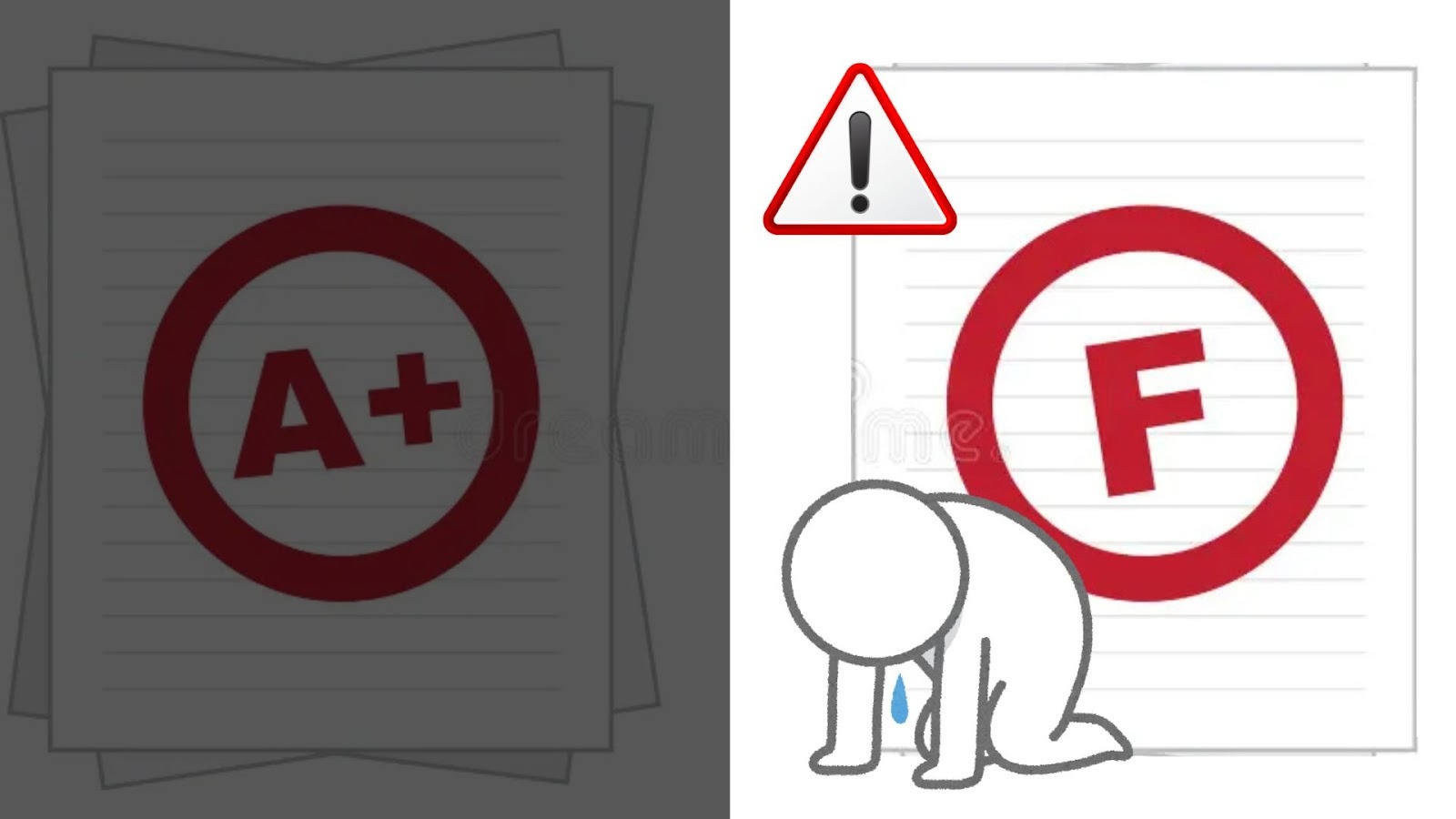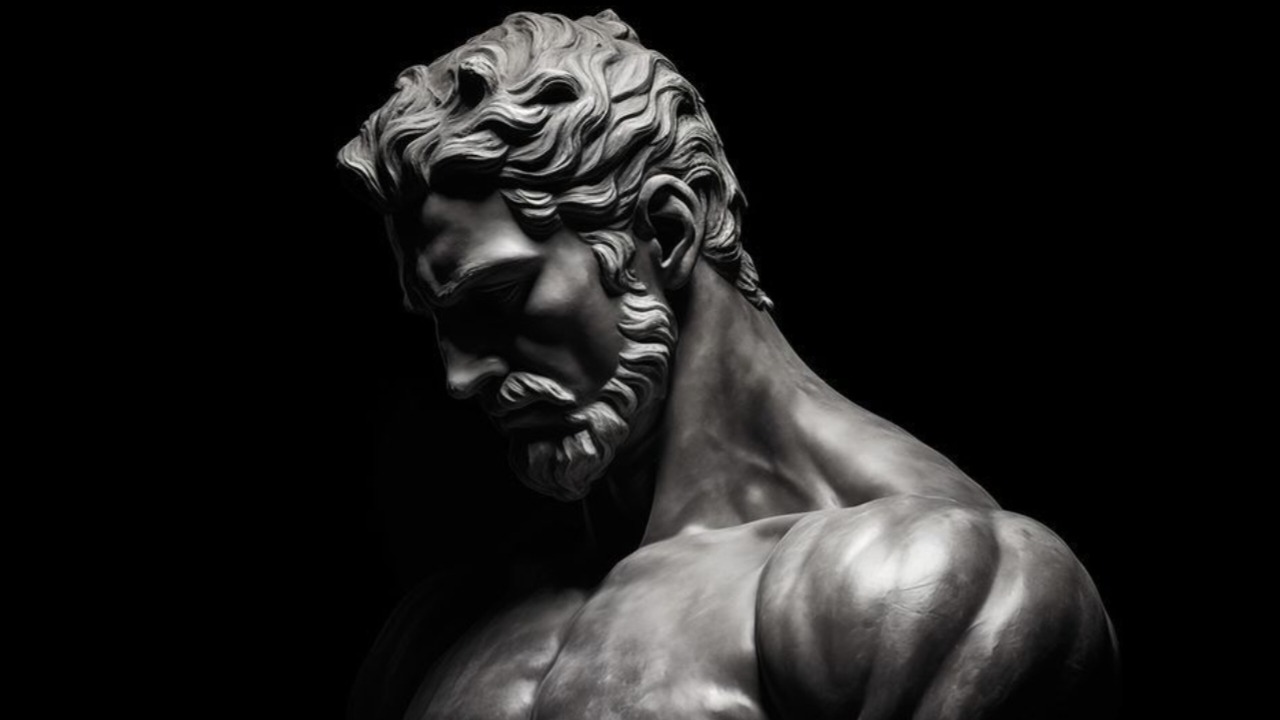From Legal Briefs to Viral Skits: Layi Wasabi and The Game of Intellectual Skit Making
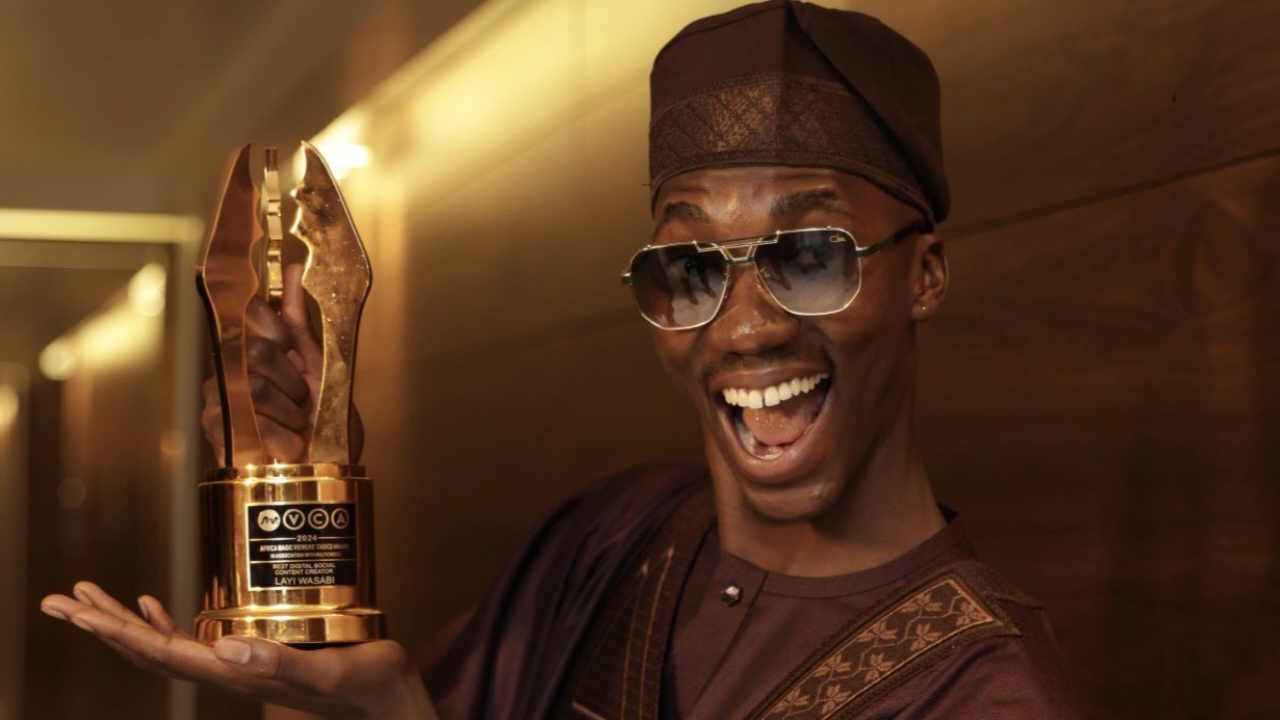
Isaac Ayomide Olayiwola is a name that many young Nigerians now associate with laughter, relatability, and the brilliance of blending humor with deep social insight. On social media, he is far better known as LayiWasabi, a rising skit maker whose characters, especially The Law, have become household names. But behind the viral snips, the catchphrases, and the viral dialogues lies a story of discipline, education, and a creative philosophy that serves as both entertainment and subtle mentorship.
Born in Osun State, Isaac Olayiwola grew up in Osogbo, a serene but vivid environment that would later seed much of his comedic inspiration. In interviews, Layi often credits his hometown’s quiet, observant atmosphere as fertile ground for his creativity. Osogbo, with its laid-back pace and textured social interactions, allowed him to observe people, their quirks and mannerisms, and imbibe stories that many would overlook. From a young age, he knew he was funny and always wanted to be a comedian. By his own account, he was the “class clown” in school, always ready with a joke or an imitation.
His childhood was not without its strictness. On the ’90s Baby’ podcast, Layi spoke frankly about his uncles, one of whom traveled two hours from Ibadan to Osogbo just to discipline him. Why? He failed physics, and his academic performance worried his family. That stern upbringing, though painful in the moment, shaped a young mind acclimated to structure, humility, and the hard realities of life. These elements would later become part of his comedic DNA: the grounded realism, the familiarity in his characters, and the echoes of discipline behind the laughter.
Education, Legal Foundation And The Birth of Layi Wasabi: Comedy That Feels Natural
Isaac didn’t stop at being funny in class. He pursued higher education seriously, enrolling at Bowen University to study Law. His academic training gave him a dimension not common in many online comedians: legal literacy. After graduating, he completed his NYSC service at the Ministry of Justice in Ibadan, according to interviews. This period exposed him to real-life law practitioners, court premises, and legal personalities. These weren’t just background observations, they became raw material for his future skits.

It was during his service that the idea for “The Law” character began to grow in his mind. He saw lawyers in their daily hustle, with their mannerisms, eccentricities, and unspoken court culture. He internalized the gestures, the jargon, the cadence, but rather than dramatize them for mockery, he infused them with humanity and warmth, turning a sometimes intimidating profession into a source of humor that also resonates.
Layi Wasabi’s journey as a skit maker began not with a grand plan, but with a deeply personal desire: to share jokes, ideas, and stories. He has said that he started making content because he saw it as an opportunity to laugh, to reflect, and to relate. His early skits weren’t elaborate, he drew from his reality, his characters, and the people he’d known since childhood. Osogbo’s quiet fluidity allowed him to imagine scenarios, replicate dialogue, and construct sketches that felt unforced, even when portraying a lawyer, a mentor, or a schemer.
One of his signature traits is simplicity. Even though some of his characters have legal backgrounds, Layi avoids heavy legal words in his scripts. Instead, he opts for accessible language, making his content family-friendly, understandable, and deeply relatable. This is crucial in what makes his comedy work: it doesn’t alienate the average viewer; rather, it invites them in, offers a reflection of their daily experiences, and then infuses it with humor.

His characters are varied but grounded, one that feels natural to him and understandable to his audience. Beyond “The Law,” he plays Mr. Richard, a Ponzi schemer who philosophizes about money, poverty, and get-rich-quick dreams. These are not just mere charades for shock value, they are reflections of real social archetypes in Nigeria, exaggerated for laughter but rooted in truth.
The Artistic Philosophy: Laughing with Depth, Struggles and the Pivot to Content Creation
Unlike many content creators who chase virality through shock or controversy, Layi’s creative philosophy leans toward authenticity. In his interview with OkayAfrica, he explained that he does comedy in a way that feels natural to him. He did not dive into what everyone else was doing online; instead, he focused on what he found inherently funny, what felt true, and what he felt capable of sustaining. That conviction has become his trademark: he laughs at things that actually matter, he voices characters that are familiar, and he builds his art around lived experience.
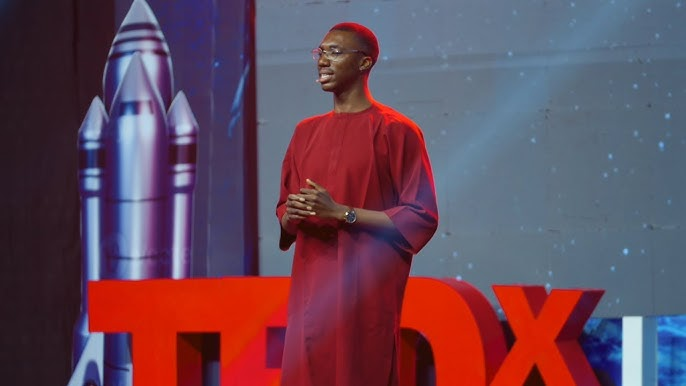
This naturalism extends to his refusal to produce explicit content. Layi consciously keeps his content clean and family-friendly. For him, comedy isn’t just a vehicle for jokes, it’s a platform for observation, commentary, and connection. His skits reflect social issues, everyday challenges, family dynamics, and the absurdities of life in Nigeria, all in ways that feel warm rather than cynical and also he has been a speaker in one of the TedX events in Nigeria showing that truly his intellectual ability is seen and sought after.
Layi’s rise was not without its challenges. As he has recounted in interviews, the early days of his creative journey were tough. After his first few viral skits, anxiety crept in. The pressure of navigating fame, building consistent content, and understanding his next step weighed heavily on him. He described sleepless nights, uncertainty about his future, and moments where he doubted how to balance his law qualifications with his creative calling
But he persevered. He leaned into self-therapy, allowed himself to enjoy the process, and maintained a disciplined approach. Soon, he decided to channel all his energy into content creation full-time, leaving behind the dual hustle between a legal career and skit-making. That decision, though risky, paid off. His following soared, and his popularity exploded.
Lessons from Layi: What Creatives and Young Nigerians Can Learn From His Influence
Layi’s journey offers several powerful lessons, especially for young Nigerians and those making their way in the creative space. To Layi education can be a strength, not a distraction. Many content creators see schooling as antagonistic to creative work, but Layi used his legal education to inform his persona, deepen his comedy, and carve a niche that set him apart. His law degree isn't just a credential, it's a source of material, a foundation of his brand. Also authenticity beats trend-following. Rather than copying what others were doing online, he rooted his content in personal observation and natural humor. He refused to force virality. Instead, he built slowly, consistently, and deeply. This is a powerful reminder: success in content creation often comes from being true to yourself, not chasing what’s already hot.
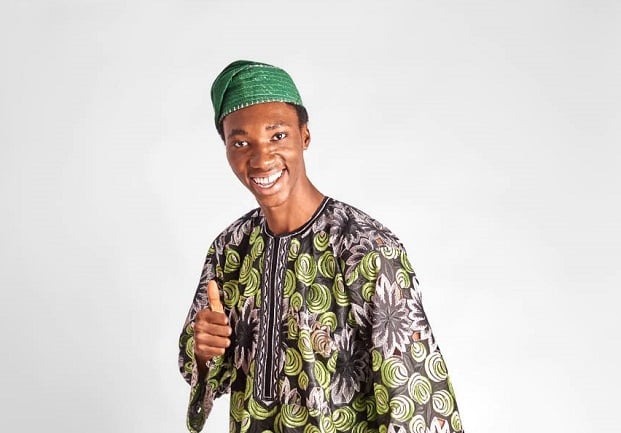
The importance of relatability cannot be overstated. Layi’s characters resonate because they feel like people, real, flawed, familiar. Whether you grew up seeing people like The Law, or you recognize the schemer in Mr. Richard, his skits create a mirror for his audience. That mirror doesn’t just reflect quirks; it reflects shared social experiences, inequalities, dreams, and day-to-day absurdities. Also for layi discipline and resilience matter. Layi’s path was not overnight stardom. He spoke of early anxiety, sleepless nights, and doubt. But he kept going. He became his own therapist. He learned to enjoy the journey rather than just the destination. For every aspiring creator, that mindset, perseverance, self-care, and intentional growth, is a key takeaway. And finally, don’t limit your vision. While Layi could have stayed in short skits, he saw himself in acting. He leveraged his online following to break into Nollywood, proving that one platform or medium does not define your full potential. His story encourages creatives to think expansively, to pivot, and to use every opportunity as a stepping stone.
Layi Wasabi’s influence has extended beyond short Instagram videos. He started earning awards, recognition, and even acting roles in Nollywood. His performance and reach won him the Best Digital Content Creator at the 2024 Africa Magic Viewers’ Choice Awards (AMVCA).
Transitioning into acting, he has appeared in several high-profile Nigerian films and series. He starred in Adire, playing a cheeky bartender; Aníkúlápó: Rise of the Sceptre, a Netflix title; and Japa, a sci-fi comedy on Prime Video alongside big names like Blossom Chukwujekwu and Adesua Etomi. In doing so, he demonstrated that his talent extends beyond skits, he is equally comfortable on the big screen, navigating character depth, continuity, and the demands of professional acting.
Impact on the Nigerian Creative Ecosystem
Layi’s rise is not just a personal success story; it represents a shift in Nigeria’s creative economy. The digital skit space, once considered secondary to film or stand-up, has become a launching pad for broader careers. Content creators like him are not just entertainers, they are influencers, actors, storytellers, and voices of their generation.
His brand of clean, thoughtful, and socially conscious comedy challenges the stereotype that online content must be provocative or vulgar to thrive. He demonstrates that web skits can be deeply reflective, widely appealing, and commercially viable. Brands, producers, and fellow creators can look to him as a model: someone who built a platform from the ground up with originality and substance.
Moreover, Layi’s dual identity as a lawyer and comedian challenges the binary many Nigerians imagine between academic success and creative entrepreneurship. He embodies the possibility that you can be both highly educated and deeply artistic; you can have a professional qualification and still chase passion.
This has broader significance. In a country where education is often viewed as a safety net, and creative careers are seen as risky, Layi’s success bridges those worlds. He invites young Nigerians to believe that education can fuel creativity, not suppress it, and that one need not abandon learning to follow an artistic dream.
That said, Layi’s journey has not been without its costs. The anxiety he documented, especially during his rise, reflects the emotional toll that content creation can take. Constantly producing original content, managing audience expectations, and navigating the pressure of virality can be mentally draining. He has made candid references to sleepless nights, overthinking, and uncertainty.These are the realities behind the laughs and they serve as a reminder to aspiring creators that success often requires psychological resilience, not just talent.
Additionally, while his skits are widely loved, the move to acting opens a new landscape with different demands. On set, he discovered that filming scenes can require dozens of takes, even for short moments. This is a creative growth that comes with discipline: mastering the craft of acting is not the same as making short comedic skits. He acknowledges this, but also embraces it, saying that every role and every scene helps him grow.
There’s also the tension of balancing his law background with his creative identity. While he has made content full-time, his legal education remains part of his brand. How much of that professional identity he leans into or distances from in future years will be interesting to watch. Will he return to law? Will he merge both worlds even more intentionally? His career is unfolding in real time and his choices may influence a generation of creative-law aspirants.
Why Layi Wasabi Matters Beyond Laughs
Layi Wasabi’s story is more than comedic success. It is a case study in blending education with creative entrepreneurship, in rooted observation with mass appeal, and in vulnerability with discipline. He cares not just about making people laugh, but about creating characters that reflect shared human experiences, from legal absurdities and schemers to everyday interpersonal dramas.
His growth signals something vital for Nigeria’s creative future: that artistry and intellect can coexist; that digital platforms are powerful spaces for meaningful storytelling; and that young creatives do not have to shed their education to follow their passion. In bridging law and laughter, Layi teaches a generation that seriousness and silliness are not contradictory, but complementary.
For every young Nigerian who dreams of content creation but fears instability, Layi’s path is both hopeful and practical. For every law student who wonders whether their degree must lead to a court or a firm, his journey opens an alternate narrative. For the creative industry at large, he represents a maturing ecosystem, one that values wit, character, purpose, and longevity.
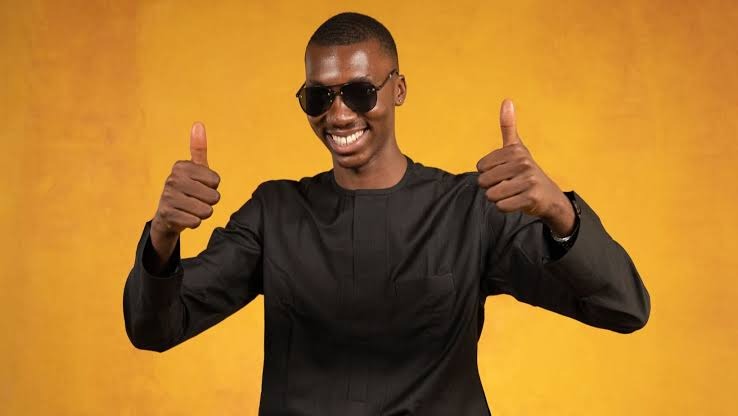
As he continues to evolve, stepping deeper into acting, refining his craft, and expanding his audience, Layi Wasabi stands not just as a comedian, but as a cultural bridge. He reminds us that laughter is powerful, but laughter that educates, connects, and reflects is even more so.
In a world of fleeting trends, his work is rooted in permanence. In a landscape where visibility often trumps substance, he gives us both. And for that, his story matters — not just to fans, but to anyone who believes in the power of creativity infused with meaning.
Looking ahead, Layi is not content to rest on his skit-maker laurels. He has expressed genuine interest in stand-up comedy, something he loved even before skit-making became mainstream. He cites inspirations like Basketmouth, Dave Chappelle, Ricky Gervais, and Bovi, comedians who have mastery in live performance. For Layi, stand-up represents a space for refining his voice, testing his material in front of live audiences, and connecting more directly with people.
At the same time, his acting career continues to expand. With roles in Adire, Aníkúlápó, and Japa, he is carving a presence in Nollywood that goes beyond comedy skits. He has also spoken of wanting to collaborate with other creators and screen actors, suggesting that he sees content creation not just as a solo act, but as a community enterprise.
You may also like...
Be Honest: Are You Actually Funny or Just Loud? Find Your Humour Type

Are you actually funny or just loud? Discover your humour type—from sarcastic to accidental comedian—and learn how your ...
Ndidi's Besiktas Revelation: Why He Chose Turkey Over Man Utd Dreams

Super Eagles midfielder Wilfred Ndidi explained his decision to join Besiktas, citing the club's appealing project, stro...
Tom Hardy Returns! Venom Roars Back to the Big Screen in New Movie!

Two years after its last cinematic outing, Venom is set to return in an animated feature film from Sony Pictures Animati...
Marvel Shakes Up Spider-Verse with Nicolas Cage's Groundbreaking New Series!

Nicolas Cage is set to star as Ben Reilly in the upcoming live-action 'Spider-Noir' series on Prime Video, moving beyond...
Bad Bunny's 'DtMF' Dominates Hot 100 with Chart-Topping Power!

A recent 'Ask Billboard' mailbag delves into Hot 100 chart specifics, featuring Bad Bunny's "DtMF" and Ella Langley's "C...
Shakira Stuns Mexico City with Massive Free Concert Announcement!

Shakira is set to conclude her historic Mexican tour trek with a free concert at Mexico City's iconic Zócalo on March 1,...
Glen Powell Reveals His Unexpected Favorite Christopher Nolan Film

A24's dark comedy "How to Make a Killing" is hitting theaters, starring Glen Powell, Topher Grace, and Jessica Henwick. ...
Wizkid & Pharrell Set New Male Style Standard in Leather and Satin Showdown

Wizkid and Pharrell Williams have sparked widespread speculation with a new, cryptic Instagram post. While the possibili...





